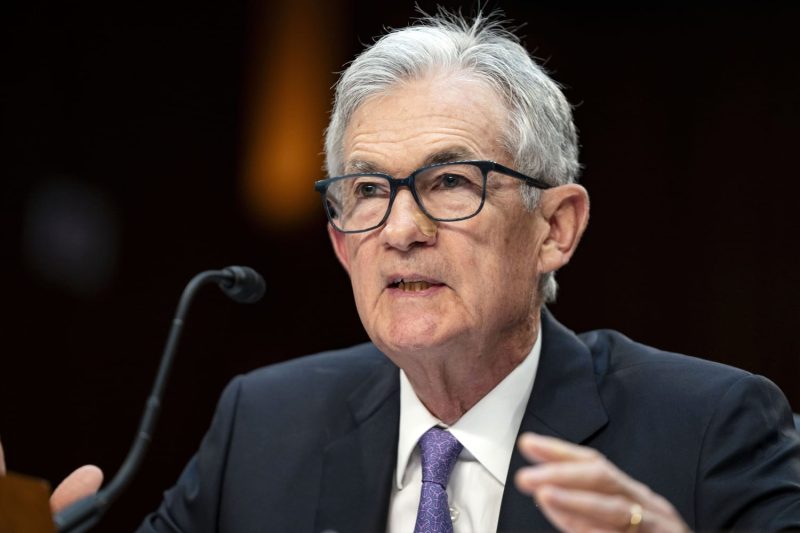In a recent announcement, Federal Reserve Chair, Jerome Powell, expressed concerns about the potential negative impact of maintaining high interest rates for an extended period on the nation’s economic growth. Powell emphasized the necessity of carefully balancing monetary policy to ensure sustainable growth and stability in the financial markets.
One key issue highlighted by Powell is the risk of stifling economic activity by keeping interest rates elevated for too long. Higher borrowing costs can deter consumers and businesses from spending and investing, which in turn can slow down overall economic growth. Powell’s remarks shed light on the importance of a nuanced approach to monetary policy that considers both inflationary pressures and the need to support economic expansion.
Moreover, Powell’s caution regarding prolonged high-interest rates reflects the Federal Reserve’s commitment to maintaining a flexible and data-driven approach to policy-making. By closely monitoring economic indicators and adjusting interest rates accordingly, the Fed aims to respond effectively to changing economic conditions while fostering long-term growth and stability.
Powell’s comments serve as a reminder of the complex trade-offs and considerations that central banks must navigate in setting monetary policy. While controlling inflation is a crucial mandate for the Federal Reserve, Powell’s emphasis on avoiding the unintended consequences of excessively high rates underscores the need for a holistic and forward-looking approach to policy formulation.
Overall, Powell’s remarks regarding the potential risks of holding rates too high for an extended period highlight the Fed’s dedication to achieving a delicate balance between fostering economic growth and managing inflationary pressures. By remaining vigilant and adaptive in its decision-making process, the Federal Reserve aims to promote a healthy and sustainable economic environment that benefits individuals, businesses, and the broader economy alike.
